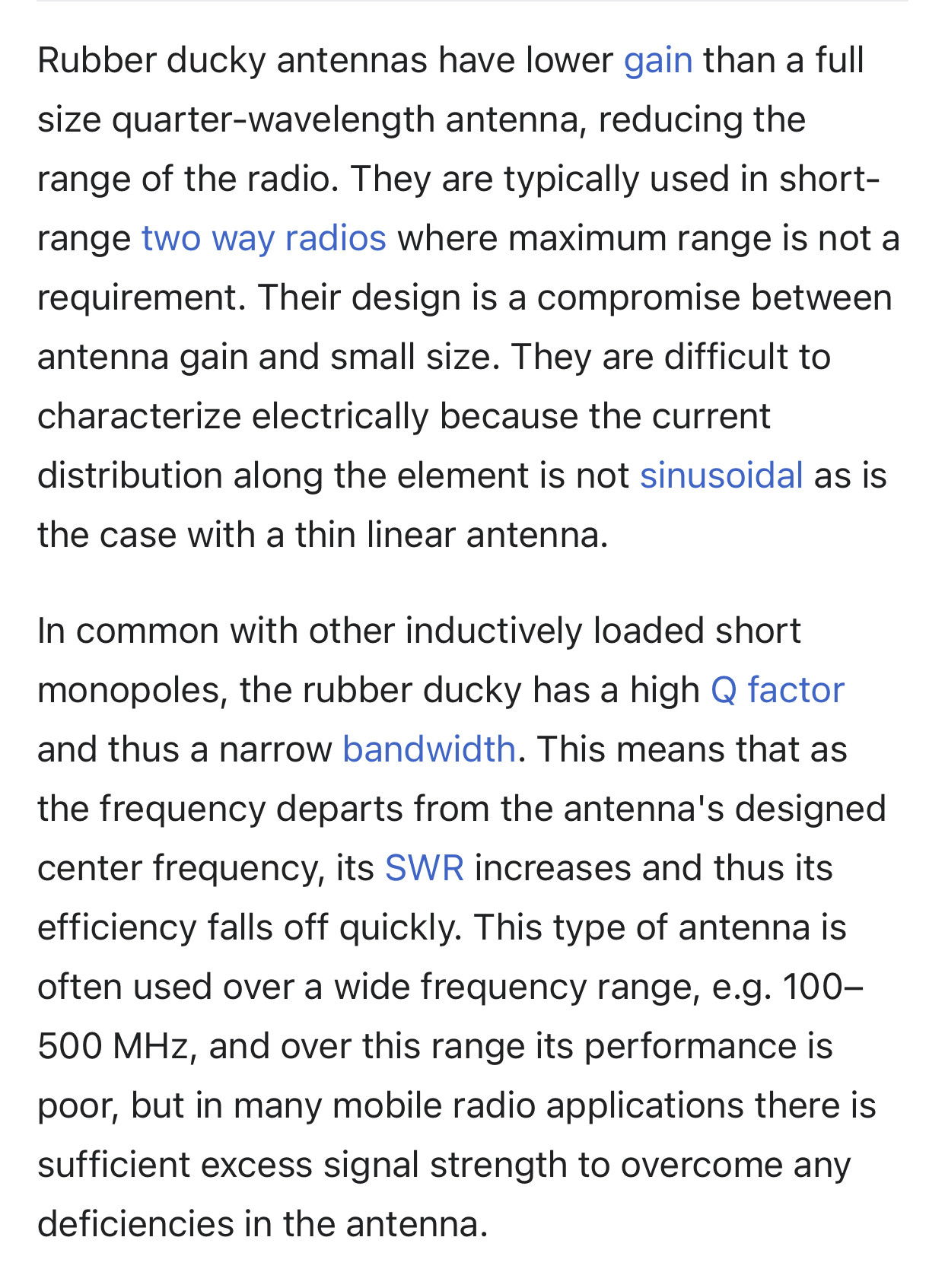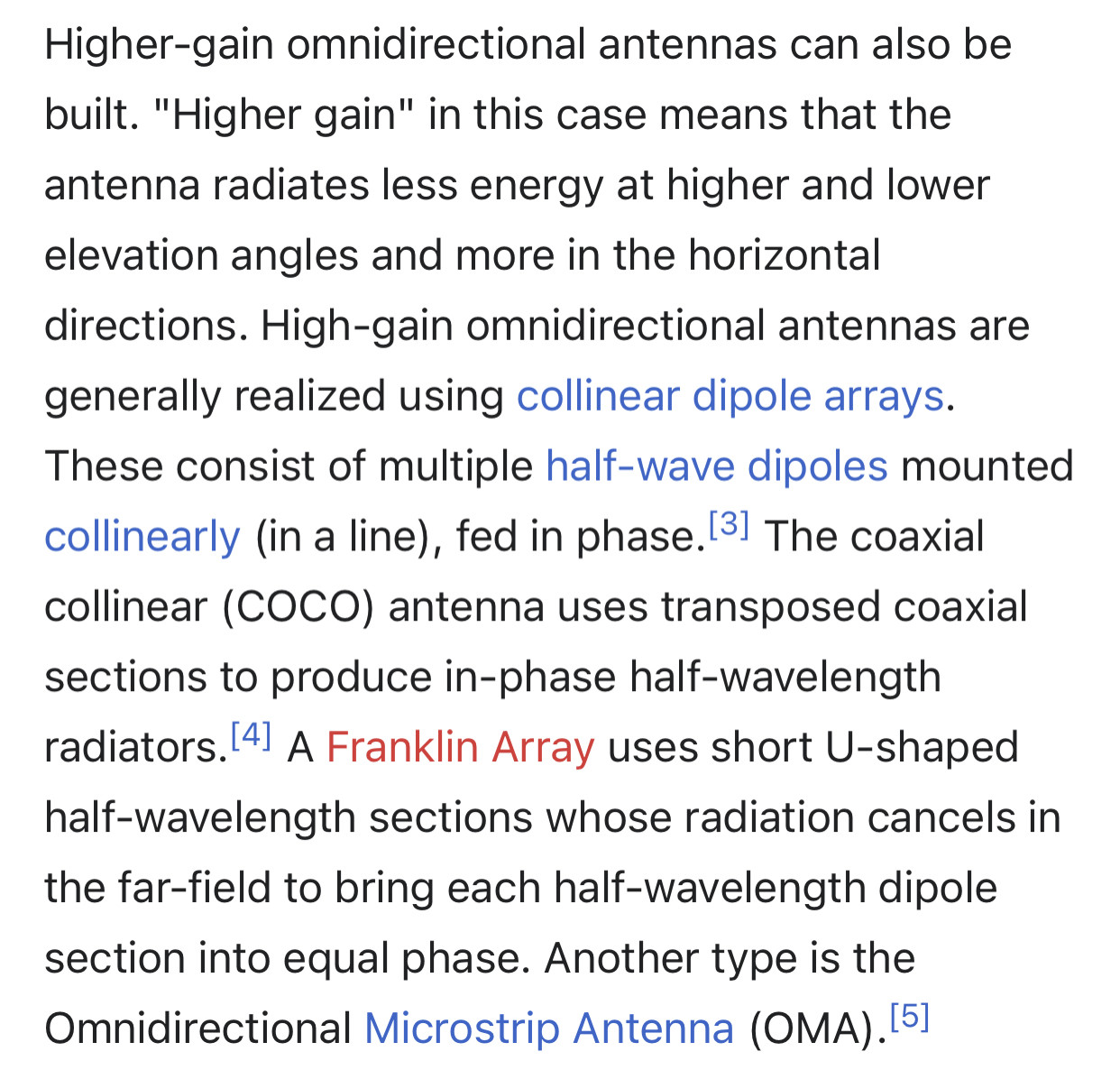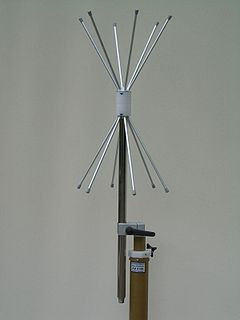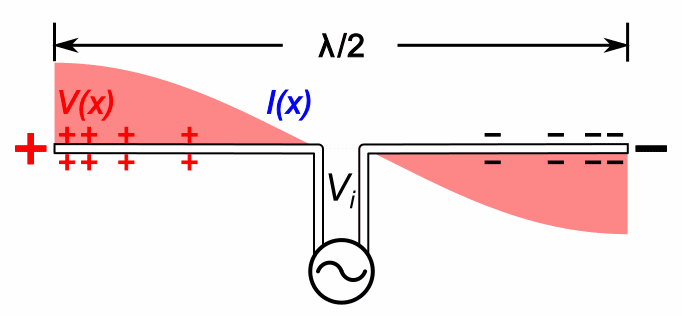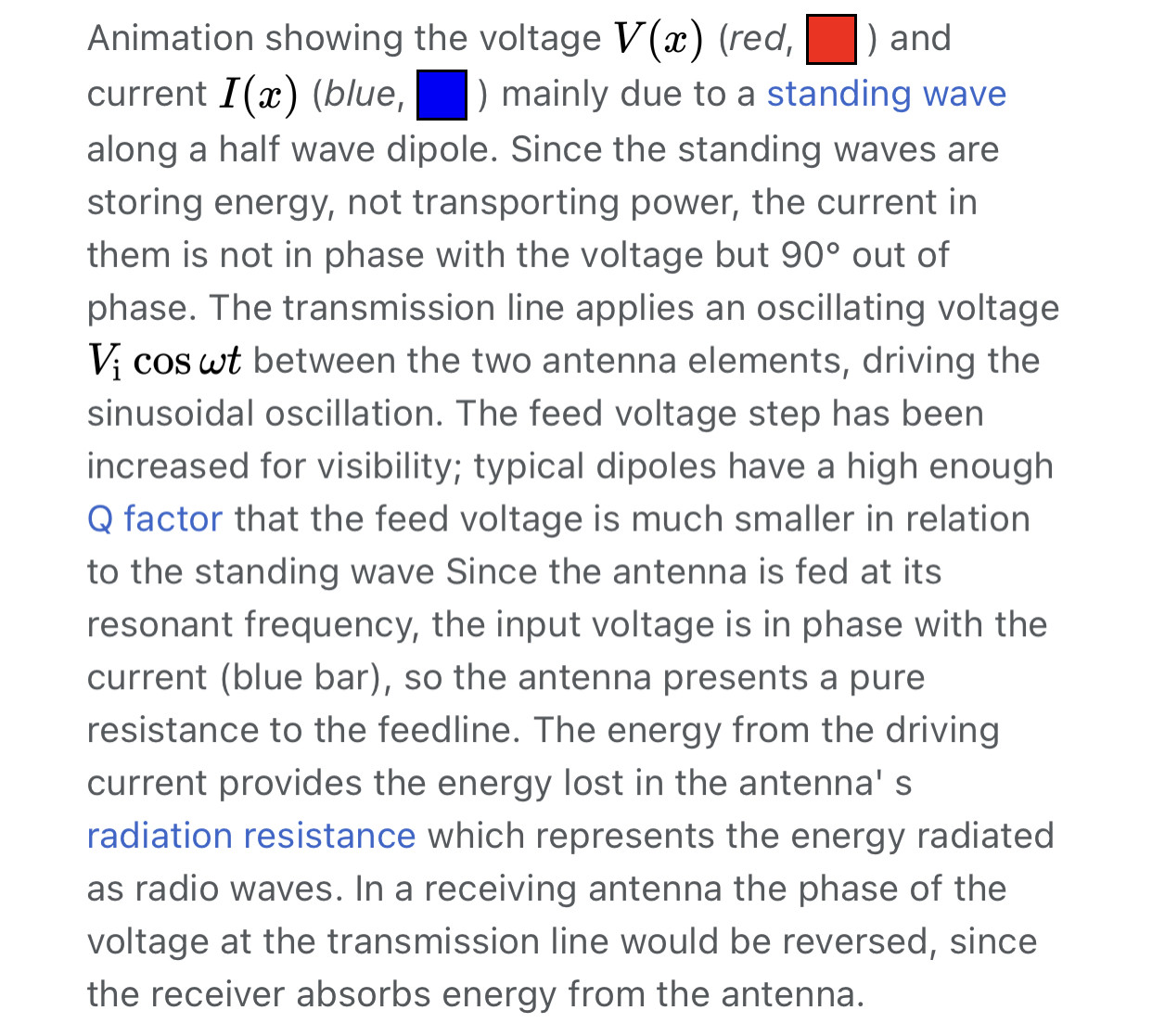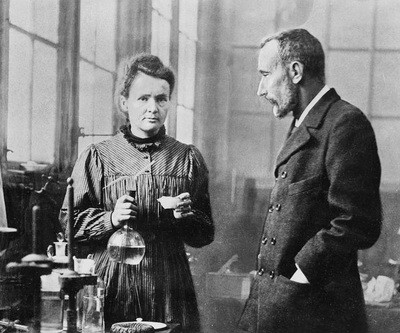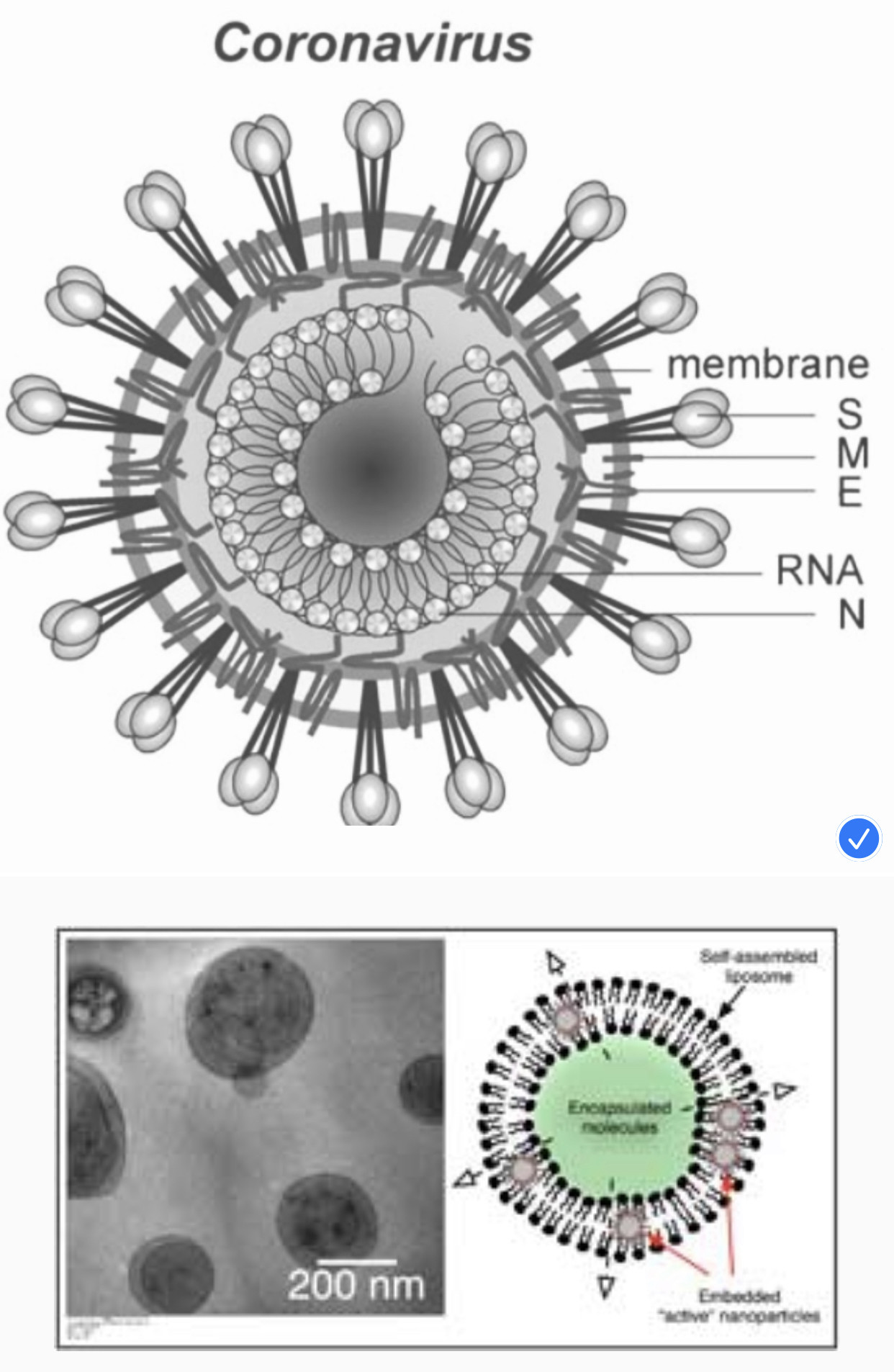The government advised the people to stay at home and save lives?
Omni directional antennas provide a 360o donut shaped radiation pattern to provide the widest possible signal coverage in indoor and outdoor wireless applications. An analogy for the radiation pattern would be how an un-shaded incandescent light bulb illuminates a room.
late 18th century: from French, from Latin incandescent- ‘glowing’, from the verb incandescere, from in- (expressing intensive force) + candescere ‘become white’ (from candidus ‘white’).
The rubber ducky antenna (or rubber duck aerial) is an electrically short monopole antenna that functions somewhat like a base-loaded whip antenna. It consists of a springy wire in the shape of a narrow helix, sealed in a rubber or plastic jacket to protect the antenna. Rubber ducky antenna is a form of normal-mode helical antenna.
Two rumors link the naming of the antenna with the Kennedy family.[1] In the early 1960s the rubber ducky became the antenna of choice for personal walkie-talkie transceivers used by police and security services, including the U.S. Secret Service, which guards the President of the United States. According to one rumor, the young Caroline Kennedy, daughter of President John F. Kennedy, named the flexible device when she pointed at one on an agent's transceiver and said, "rubber ducky". On the other hand, Dr. Thomas A. Clark, a senior scientist with NASA, claims to have named it after listening to one of Vaughn Meader's comedies about the Kennedy family.
An alternative name is based on the short stub format: the "stubby antenna".
We are given the voltage and the power output of a simple circuit containing a lightbulb, so we can use the equation P=IV to find the current I that flows through the lightbulb. 19.51P=IVI=PV=60 W120 V=0.50 A. Thus, a half ampere flows through the lightbulb when 120 V is applied across it.
An LED bulb produces light by passing the electric current through a semiconducting material—the diode—which then emits photons (light) through the principle of electroluminescence
diode
/ˈdʌɪəʊd/
ELECTRONICS
noun: diode; plural noun: diodes
a semiconductor device with two terminals, typically allowing the flow of current in one direction only.
a thermionic valve having two electrodes (an anode and a cathode).
Origin
early 20th century: from di-1 ‘two’ + a shortened form of electrode.
Quantum dot-based light emitting diodes (QDLEDs) are a new form of light emitting technology based on nanoparticle, and their structures are similar to the OLED technology. Although, in this technology, a layer of quantum dots is placed between electron and hole-transporting layers, like sandwiched structure.
In this Letter, we demonstrate a 1300-fold enhancement in the spontaneous emission lifetime (Purcell enhancement) of PbS QDs integrated into the cavity region of a plasmonic nanoantenna.
https://pubs.acs.org/doi/10.1021/acsphotonics.6b00357#
The proposed plasmonic nanoantenna, based on spherical active coated nano particle (CNP), operates at 600 THz resonance frequency. The plasmonic induced polarization rotation in spherical active CNP model is observable in case when this model is placed in the vicinity of a size optimized resonating dielectric sphere.
Plasmons are collective oscillations of conduction electrons in a metal. The electron beam that is used in cathodoluminescence (CL), acts as a highly localized broad-band excitation source of plasmons. This makes CL ideal for characterizing spectral characteristics of local optical resonances in plasmonic nanoparticles and metamolecules used as building blocks for e.g. metasurfaces and sensors. Furthermore, it can be used to map, dispersion, directionality, and/or polarization in plasmonic waveguides, metasurfaces, and metamaterials to name a few examples.
A common design is to deposit metal nano-particles on the top surface of the surface of the solar cell. When light hits these metal nano-particles at their surface plasmon resonance, the light is scattered in many different directions.
The light rays enter through the transparent electrode of a quantum dot solar cell onto a light absorbing layer of dots in order to generate electron hole pairs. The charged particles then separate and eventually travel to their respective electrodes, producing electric current.
In atomic physics, the electron magnetic moment, or more specifically the electron magnetic dipole moment, is the magnetic moment of an electron caused by its intrinsic properties of spin and electric charge. The value of the electron magnetic moment is approximately −9.284764×10−24 J/T.
Upconversion is actually a cross-correlation between the fluorescence and the probe laser pulse. ... Sum frequency photons are generated only during the time that the probe laser pulse is present in the crystal, acting as a “light gate,” and thus time resolution is within the laser pulse width.
A mechanical wave is a wave that is an oscillation of matter, and therefore transfers energy through a medium. While waves can move over long distances, the movement of the medium of transmission—the material—is limited. Therefore, the oscillating material does not move far from its initial equilibrium position.
Feel the Squeeze: How Piezoelectricity Works to Make Crystals Conduct Electric Current
Piezo what? It sounds like a lot to take in, but it’s simple to understand. The word piezoelectric originates from the Greek word piezein, which literally means to squeeze or press. Instead of squeezing grapes to make wine, we’re squeezing crystals to make an electric current! Piezoelectricity is found in a ton of everyday electronic devices, from quartz watches to speakers and microphones. In a nutshell:
Piezoelectricity is the process of using crystals to convert mechanical energy into electrical energy, or vice versa.
Piezoelectric materials can convert mechanical energy into electrical energy, and piezoelectric devices made of a variety of inorganic materials and organic polymers have been demonstrated. However, synthesizing such materials often requires toxic starting compounds, harsh conditions and/or complex procedures. Previously, it was shown that hierarchically organized natural materials such as bones, collagen fibrils and peptide nanotubes can display piezoelectric properties. Here, we demonstrate that the piezoelectric and liquid-crystalline properties of M13 bacteriophage (phage) can be used to generate electrical energy. Using piezoresponse force microscopy, we characterize the structure-dependent piezoelectric properties of the phage at the molecular level. We then show that self-assembled thin films of phage can exhibit piezoelectric strengths of up to 7.8 pm V(-1).
We also demonstrate that it is possible to modulate the dipole strength of the phage, hence tuning the piezoelectric response, by genetically engineering the major coat proteins of the phage. Finally, we develop a phage-based piezoelectric generator that produces up to 6 nA of current and 400 mV of potential and use it to operate a liquid-crystal display. Because biotechnology techniques enable large-scale production of genetically modified phages, phage-based piezoelectric materials potentially offer a simple and environmentally friendly approach to piezoelectric energy generation.
oh dear...
URI researchers develop drug delivery system using nanoparticles triggered by electromagnetic field – URI News
KINGSTON, R.I. July 9, 2010 – A new system for the controlled delivery of pharmaceutical drugs has been developed by a team of University of Rhode Island chemical engineers using nanoparticles embedded in a liposome that can be triggered by non-invasive electromagnetic fields. The discovery by..
https://www.uri.edu/news/2010/07/uri-researchers-develop-drug-delivery-system-using-nanoparticles-triggered-by-electromagnetic-field/



